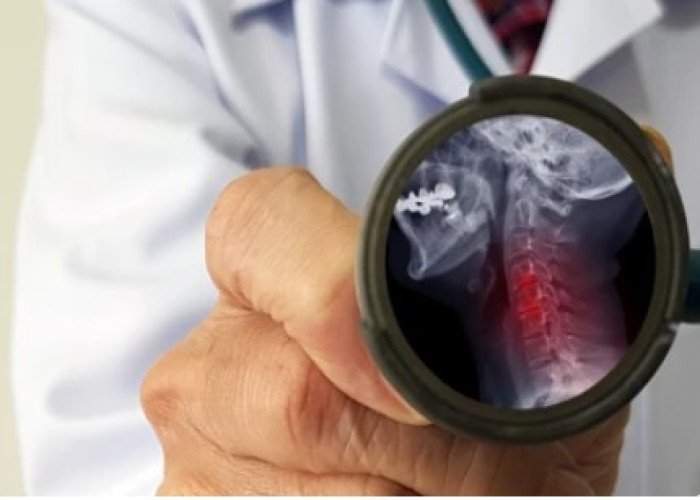 Welcome
Welcome
“May all be happy, may all be healed, may all be at peace and may no one ever suffer."
- A
- B
- C
- D
- E
- F
- G
- H
- I
- J
- K
- L
- M
- N
- O
- P
- Q
- R
- S
- T
- U
- V
- W
- X
- Y
- Z
Prostate gland enlargement - Yoga remedies
Prostate gland enlargement, also known as benign prostatic hyperplasia (BPH), is a common condition that affects many men as they age. BPH occurs when the prostate gland, which is a small gland located below the bladder, grows in size and presses against the urethra, the tube that carries urine from the bladder out of the body. This can cause a range of urinary symptoms, such as frequent urination, difficulty starting or stopping urine flow, weak urine stream, and the need to urinate urgently.
While the exact cause of BPH is not known, it is believed to be related to changes in hormone levels as men age. Treatment for BPH typically involves medications to shrink the prostate gland or relax the muscles around the prostate to improve urine flow. In some cases, surgery may be necessary to remove the prostate gland.
If you are experiencing urinary symptoms or have concerns about prostate gland enlargement, it is important to speak with a healthcare provider for an accurate diagnosis and appropriate treatment. They may recommend medications, lifestyle changes, or other interventions to help manage your symptoms and improve your quality of life.

Leprosy

Loss of health

Snakebite

Flatulence

Dental disease

Weakness of spine

Influenza

Anemia
Prostate gland enlargement, প্রোষ্টেটগ্ল্যাণ্ড বৃদ্ধি
To be happy, beautiful, healthy, wealthy, hale and long-lived stay with DM3S.